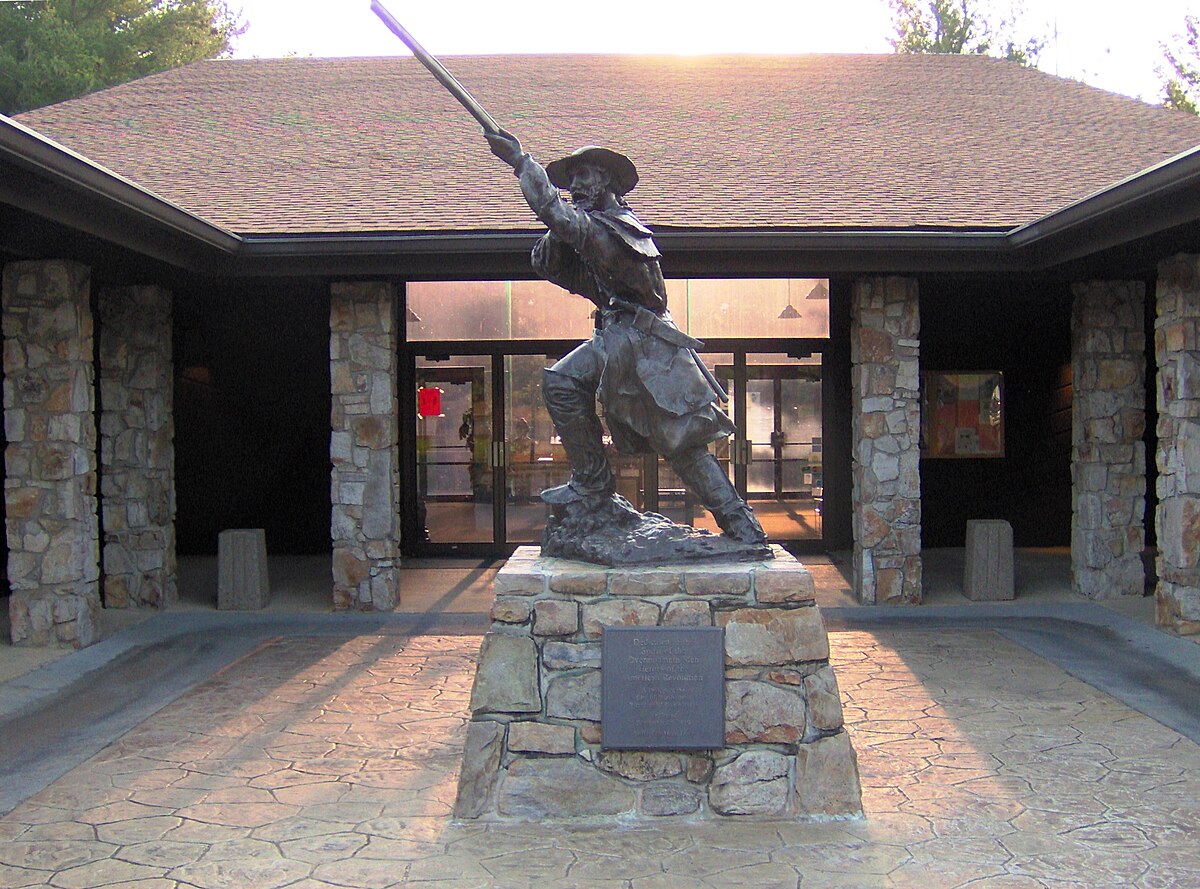Vets in Congress Renew Medal of Honor Plea for Army 'Legend' Alwyn Cashe
Fourteen years ago today, Army Sgt. 1st Class Alwyn Cashe likely could've walked away relatively unscathed after his
Bradley Fighting Vehicle hit an improvised explosive device in Iraq.
Instead, the soldier chose to head back into the burning vehicle to save his comrades. He did so even though they were still facing enemy gunfire and his uniform was soaked with fuel.
Cashe risked his life and went beyond the call of duty, which is why he deserves the Medal of Honor, three members of Congress wrote in a letter to Defense Secretary Mark Esper and Army Secretary Ryan McCarthy on the 14th anniversary of the soldier's actions.
Cashe has become "something of a legend in military circles," Reps. Dan Crenshaw, Michael Waltz and Stephanie Murphy wrote. The Silver Star he received for his 2005 actions in Iraq, they added, should be upgraded to the Medal of Honor.
"We believe that SFC Cashe has earned the highest award for military valor that our nation bestows, and we hope you will ensure that his case is scrutinized with the utmost care," the letter states.
The Silver Star is the nation's third-highest award for battlefield bravery.
Cashe kept going back into that vehicle even after his uniform ignited, and flames severely burned most of his body.
He got all of his soldiers out, and refused medical evacuation they were tended to first. Three soldiers, Staff Sgt. George Alexander Jr., Sgt. Michael Robertson and Spc. Darren Howe, later died from burn wounds.
Cashe also died three weeks later.
A spokesman for Cashe's family could not immediately be reached for comment about the lawmakers' letter.
Crenshaw, a Texas Republican, is a retired
Navy SEAL officer. Waltz, a Florida Republican, served as an Army
Special Forces officer. And Murphy, a Florida Democrat, worked for the Defense Department as a national security specialist.
"Each of us proudly served in the United States military or worked at the Department of Defense," they wrote on Thursday. "In addition, each of us cares about the process our nation uses to award medals for military valor, believing this process should satisfy the most rigorous standards of independence and integrity."
The three lawmakers aren't the first to call on Pentagon leaders to reconsider Cashe's award. As the Defense Department wraps up a years-long review of its post-Sept. 11, 2001, valor awards, several have pushed to see his Silver Star upgraded.
More that 55 valor awards have been upgraded as a result of that review.
Doug Sterner, who runs an extensive
military awards database, called Cashe's case "the most perfect example of a Medal of Honor I've ever seen." The soldier's case highlights the problems with the military's awards process.
"If the review is done and Alwyn Cashe hasn't been awarded the Medal of Honor, I won't be a happy camper," Sterner told Military.com in April.
Officials said in April that four Army awards would be upgraded before the end of the year. The service has since awarded or announced two Medal of Honor upgrades to
Staff Sgt. David Bellavia and
Master Sgt. Matthew Williams and two Distinguished Service Crosses to Maj.
Nicholas Eslinger and
Spc. Gregory Waters.
That's despite Cashe's commander at the time -- now-Maj. Gen. Gary Brito, the head of the Army's Maneuver Center of Excellence -- taking the rare step of speaking out on this case. Brito has said he didn't know the extent of Cashe's injuries at the time he put him up for the Silver Star.
The two-star has
since submitted sworn statements in an effort to see the award upgraded.
Cashe was determined to protect his soldiers before they even got to Iraq.
When his sister, Kasinal Cashe, told him not to play a hero on his
deployment, to "learn how to duck and come home," he told her he had to take care of his boys,
the Associated Press reported after his death.
And that's exactly what Cashe did, Murphy, Crenshaw and Waltz wrote.
"SFC Cashe--who was thrown from the vehicle and virtually unharmed--returned again and again to the burning vehicle to extract his fellow soldiers," their letter states. "SFC Cashe saved the lives of multiple soldiers, but suffered severe burns in the process and ultimately died from those burns."






